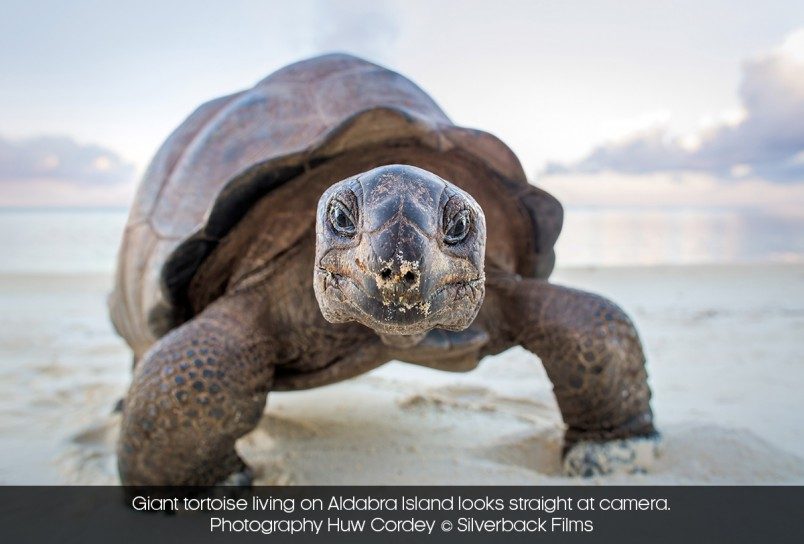We live in one special planet — a place that is truly unique with almighty power and pure beauty. By learning more about these natural forces that help shape all life on Earth, we simply cannot help but be mesmerised by the world around us.
So why not go on an adventure with BBC One’s landmark natural history series, A Perfect Planet? This 5-part nature series promises to be a celebration of our unique world, demonstrating how everything about our beloved planet Earth — such as its size, its distance from the Sun, its spin and tilt, its moon — is perfectly suited to our existence. It’s amazing to see how our planet’s natural forces perfectly nurture life.

When asked about the importance of drawing attention to the incredible forces of nature that shape planet Earth, renowned broadcaster Sir David Attenborough explained that we are at a critical point — that our planet is poised, close to real big disasters. According to him, we can stop these disasters from happening. However, in order to do so, we need to understand what they are, and how they work. This is what this nature series tells through an extraordinary narrative.
Take, for example, the first episode about volcanoes. Most of us will probably associate volcanoes as part of the destructive forces of nature, wreaking havoc whenever they erupt. And yet the episode packs in some interesting trivia about them. The big revelation is that none of us would be here without volcanoes. Series producer Huw Cordey explains how in the early part of planet Earth’s history, they helped create our breathable atmosphere, the oceans, and the land. For Cordey, volcanoes are the architects of the planet, and it’s a job that never ever stops.
From there, the next 3 episodes explore how the other forces of nature, weather, ocean currents, and solar energy, drive, shape and support Earth’s great diversity of life. The fifth and final episode, however, takes a sharp change of tone and format as it tackles the dramatic impact of the world’s newest global force of nature: humans.
The Role of Humans on Planet Earth
Get ready to see how humans have become changing the forces on our planet in a big way. Key to this narrative is demonstrating how we’re now producing a hundred times more CO2 than all volcanos on the planet every year. Sir Attenborough has to drive some hard points in this episode, but he was also joined by three fantastic contributors – a marine biologist, an economist, and a climate scientist to tell that story.
Nonetheless, it is still a positive series, with impressive nature cinematography that features footages from amazing volcanic activities to ducks diving down in the swirling tidal race to get to mussels. This just goes to show that there’s an endless variety, power, and fragility in nature. Because ultimately, BBC One’s A Perfect Planet is really about how our world works, and how perfect it really is.
To view the trailer to A Perfect Planet, head over to BBC One’s website. A Perfect Planet premieres Monday, 4 January at 12pm on BBC Player and Monday, 11 January at 8pm on BBC Earth (StarHub Channel 407).

